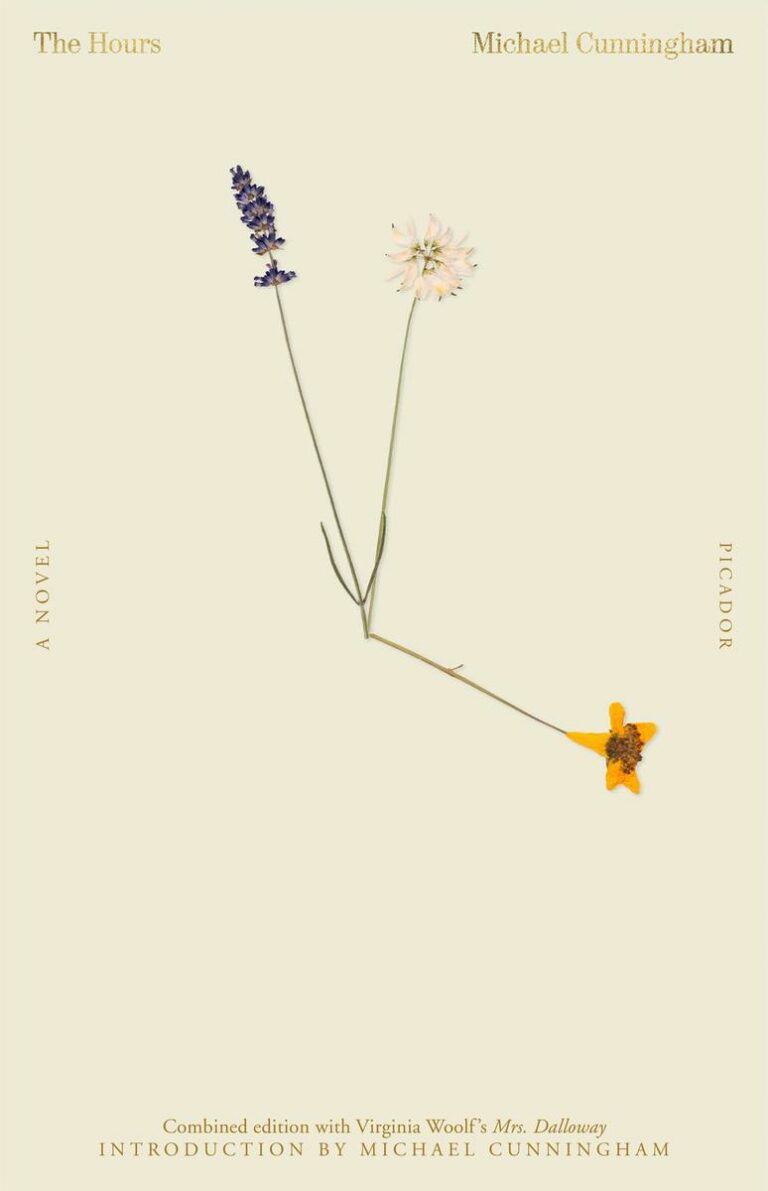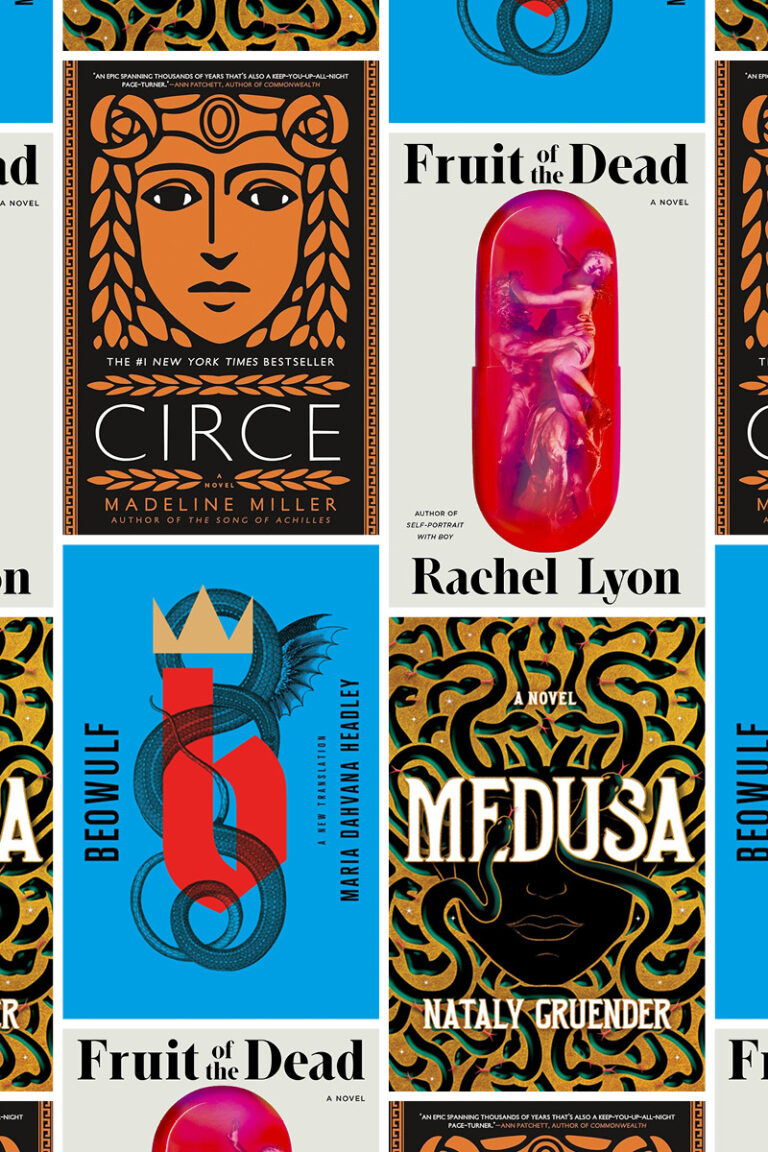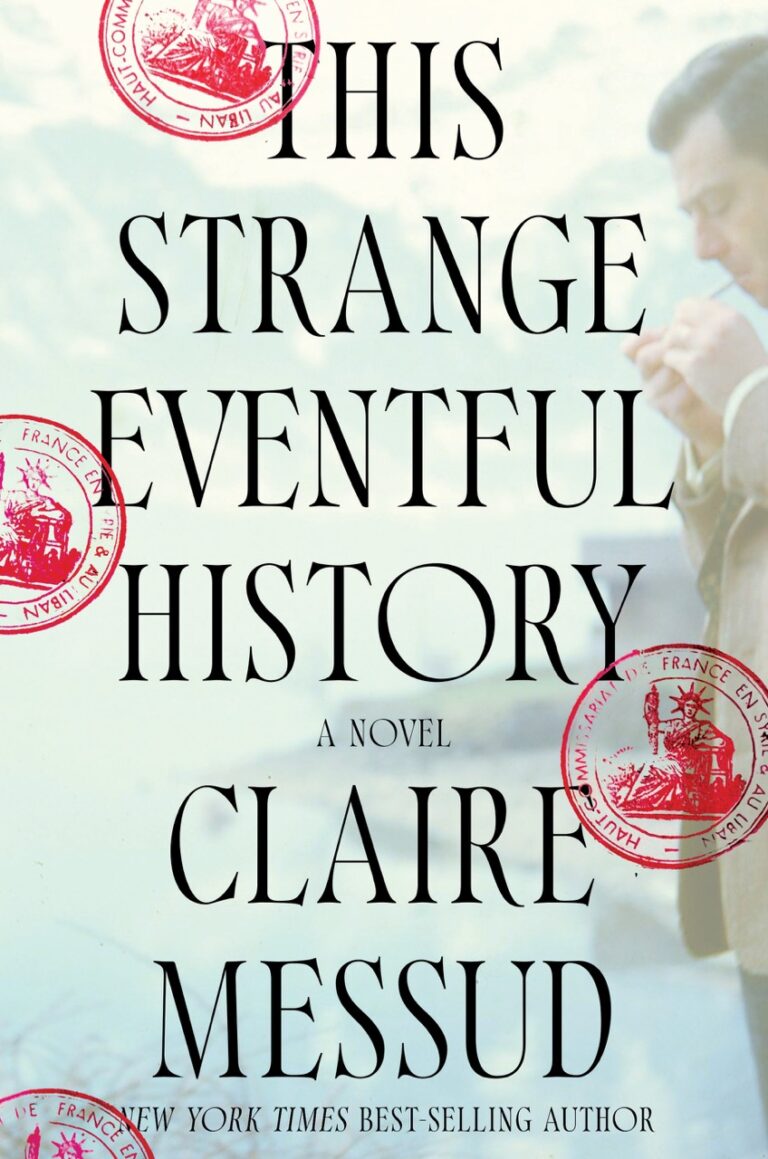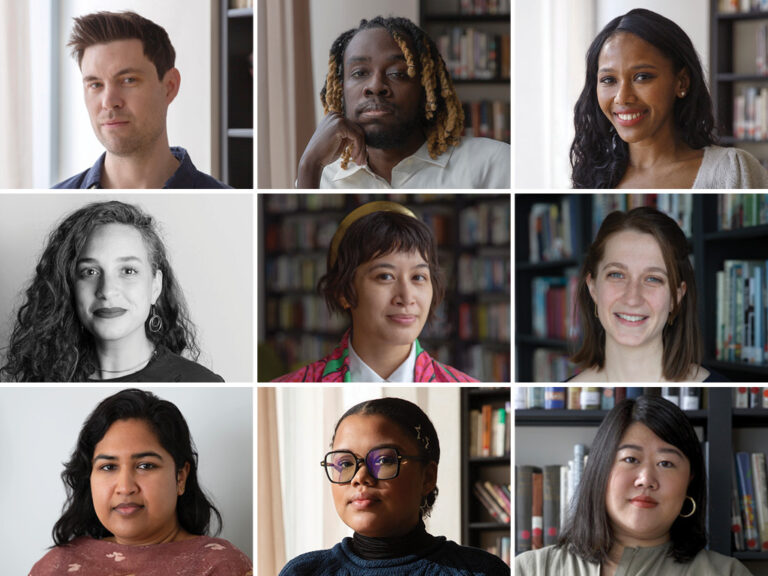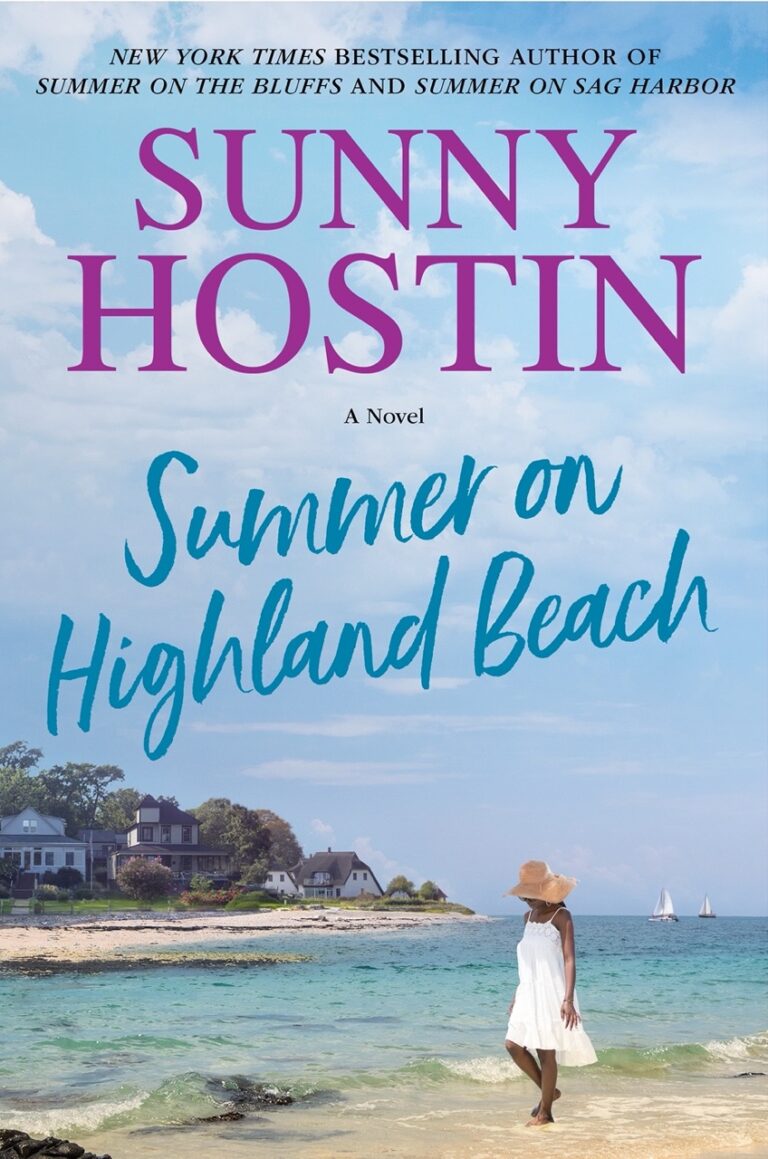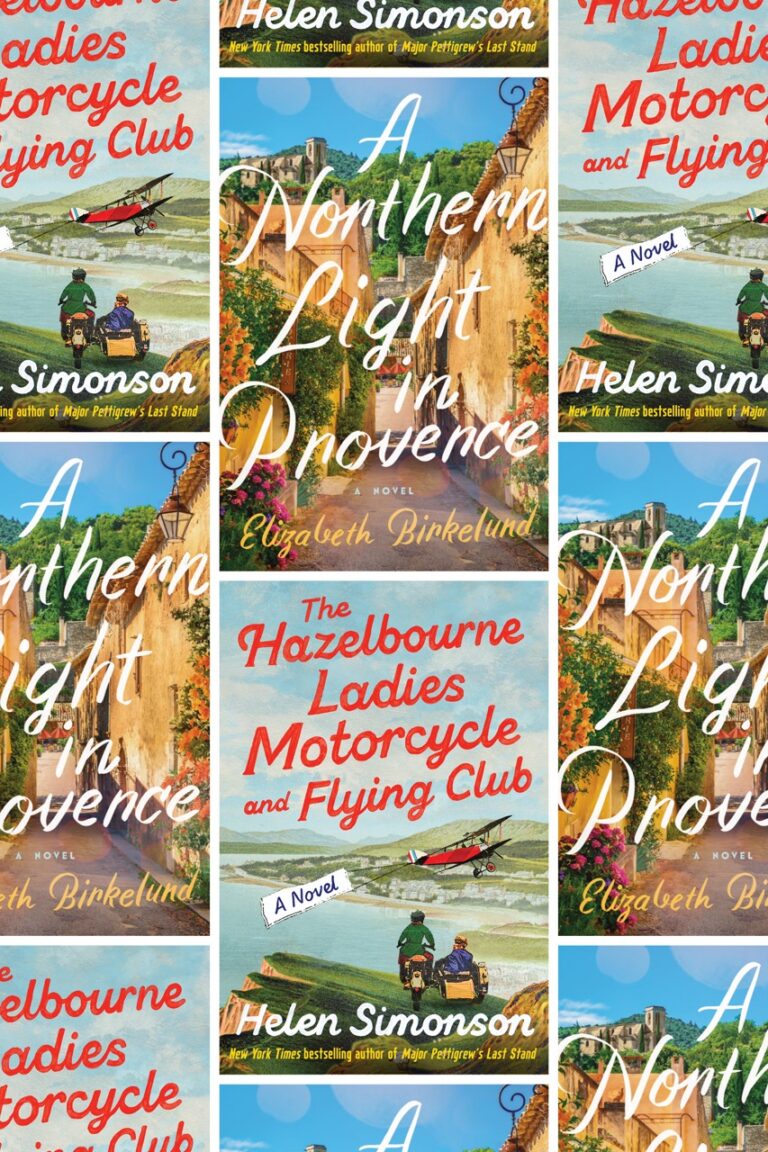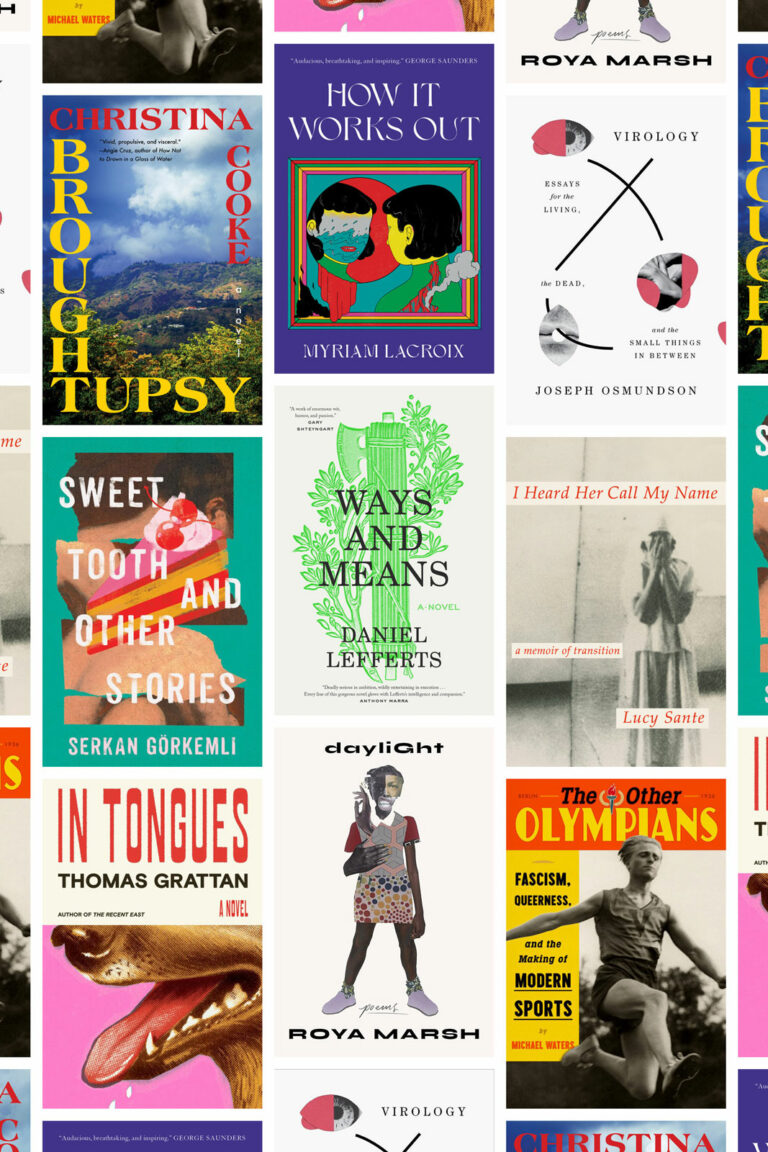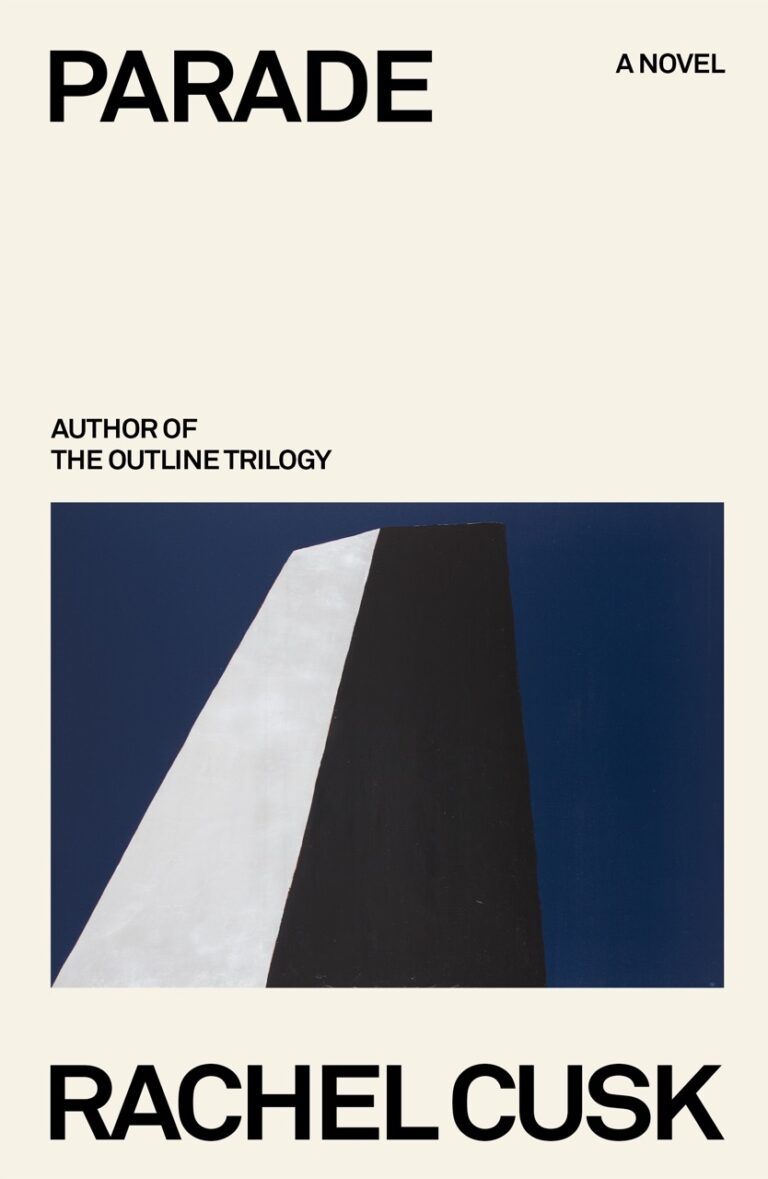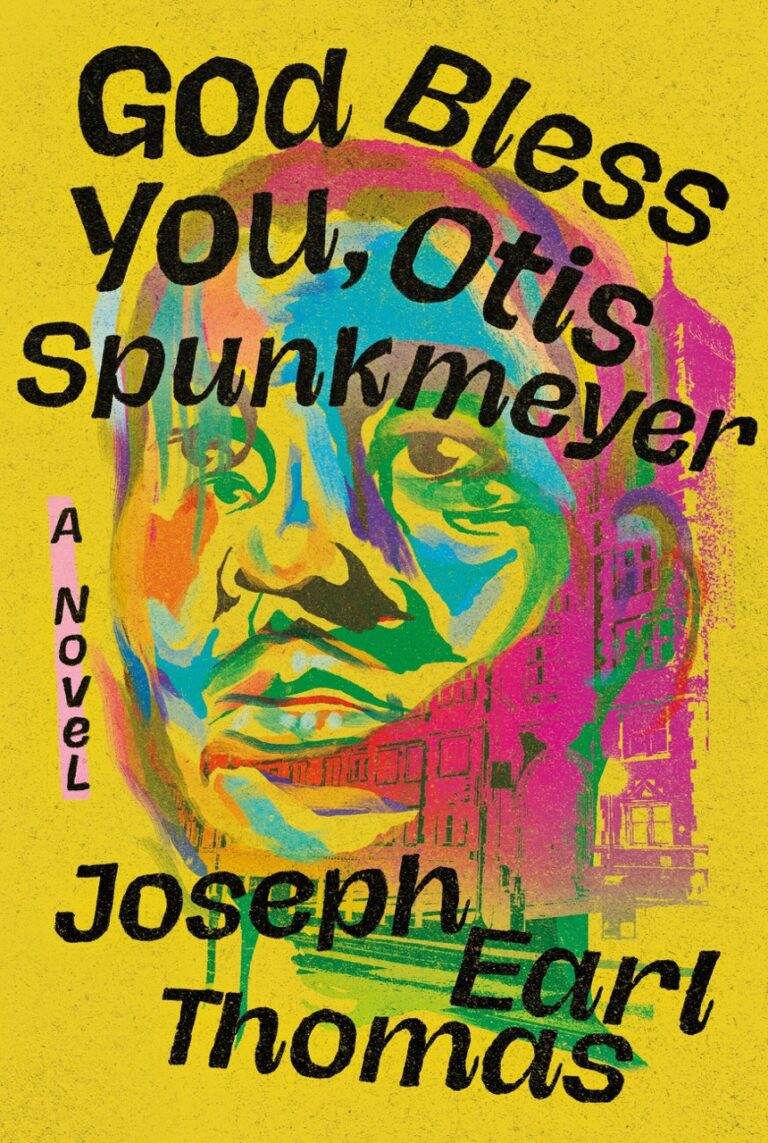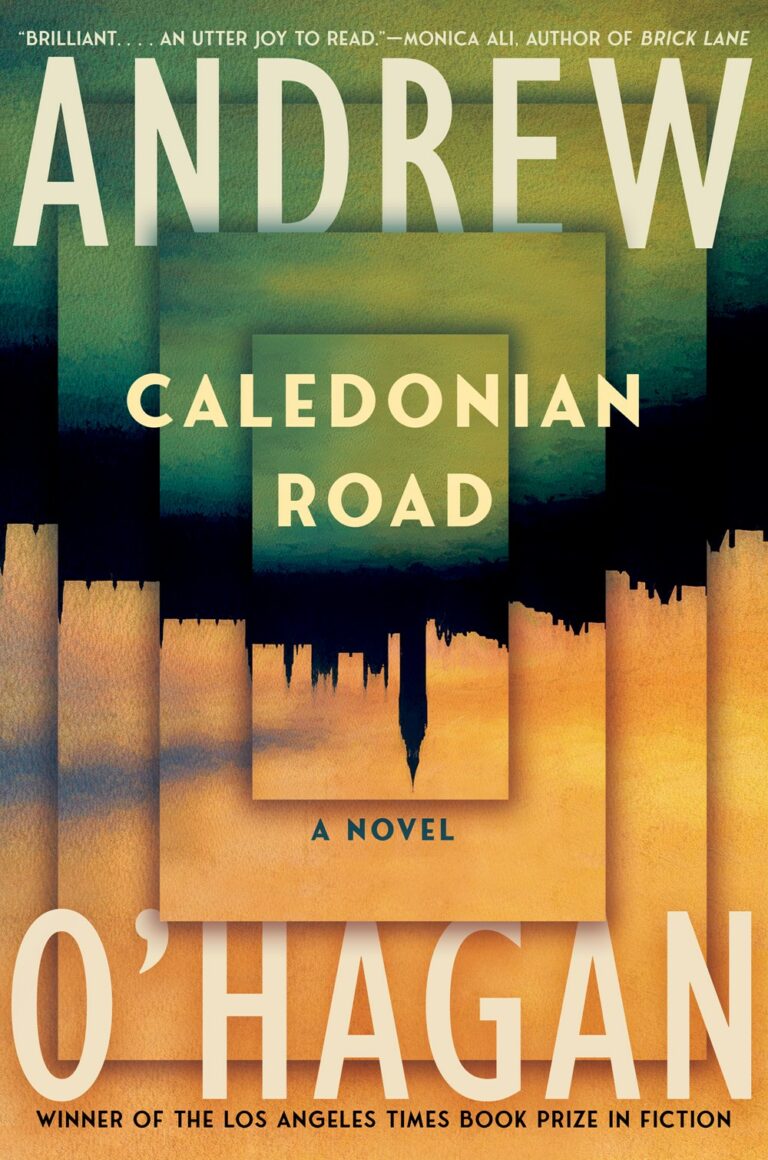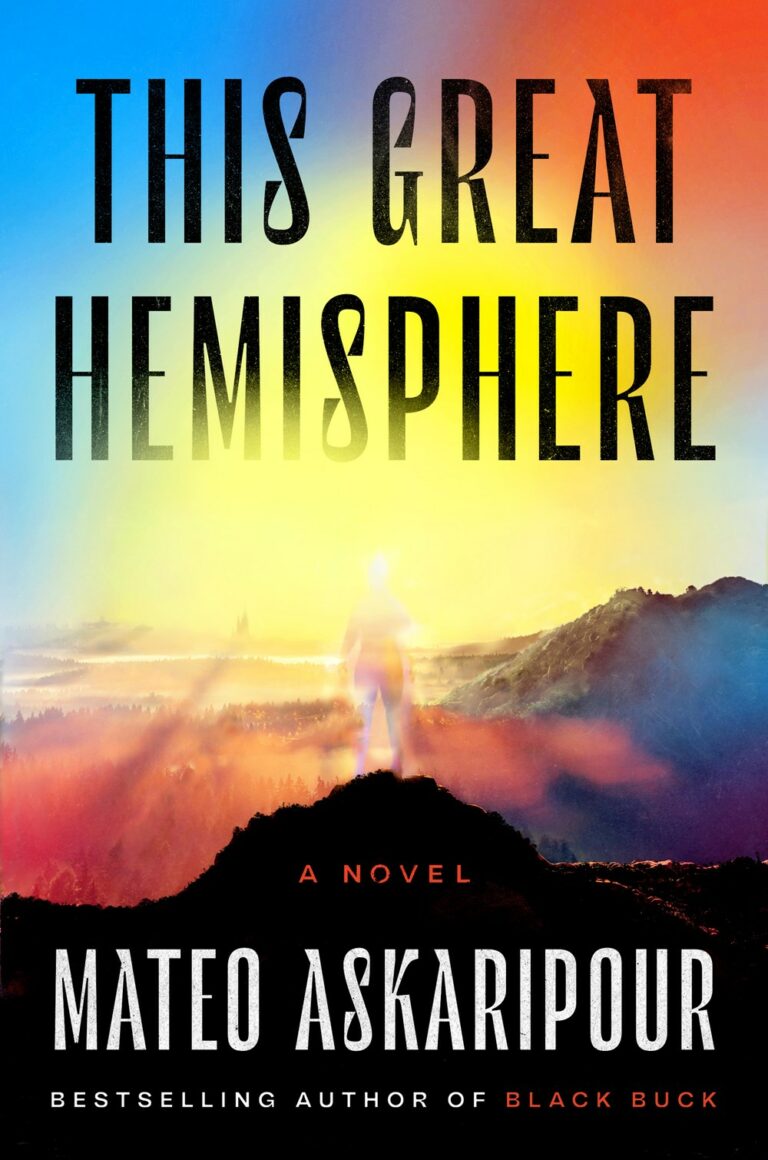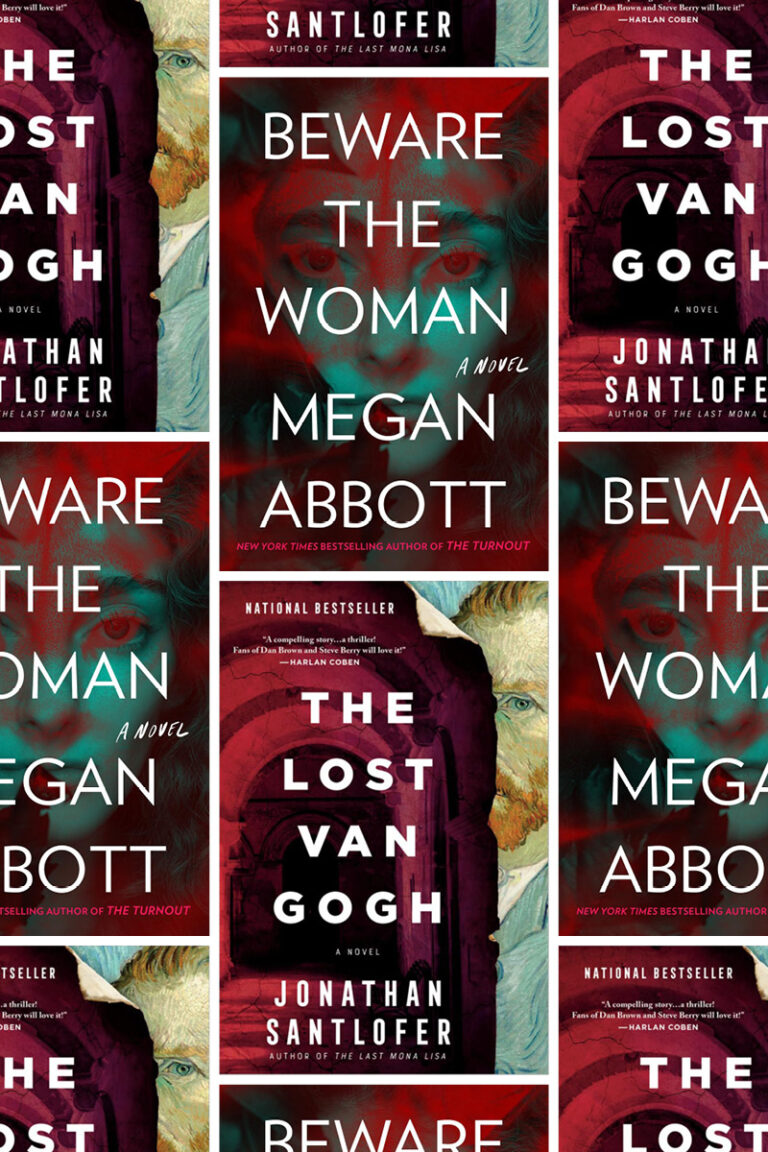Tuesday, 7:00 pm EDT October 3, 2023
The Center for Fiction
& Livestreamed
The Center for Fiction and the Brooklyn Caribbean Literary Festival welcome Whiting Award-winning poet and author Safiya Sinclair (Cannibal) for the launch of How to Say Babylon. In this cathartic and captivating memoir written in dazzling prose, Sinclair tells the story of her rigid Rastafarian upbringing in Jamaica, ruled by her father’s strict patriarchal views and repressive control of her childhood, and her journey to find her own voice as a woman and poet. Sinclair is joined in conversation by Tara Westover, author of Educated—her memoir about leaving her survivalist Mormon family in order to go to college. The two authors will discuss Sinclair’s urgent and intimate memoir, reckoning with tradition, culture and family, and finding one’s voice. After the conversation, Sinclair will sign and personalize books.
Presented in partnership with the Brooklyn Caribbean Literary Festival.
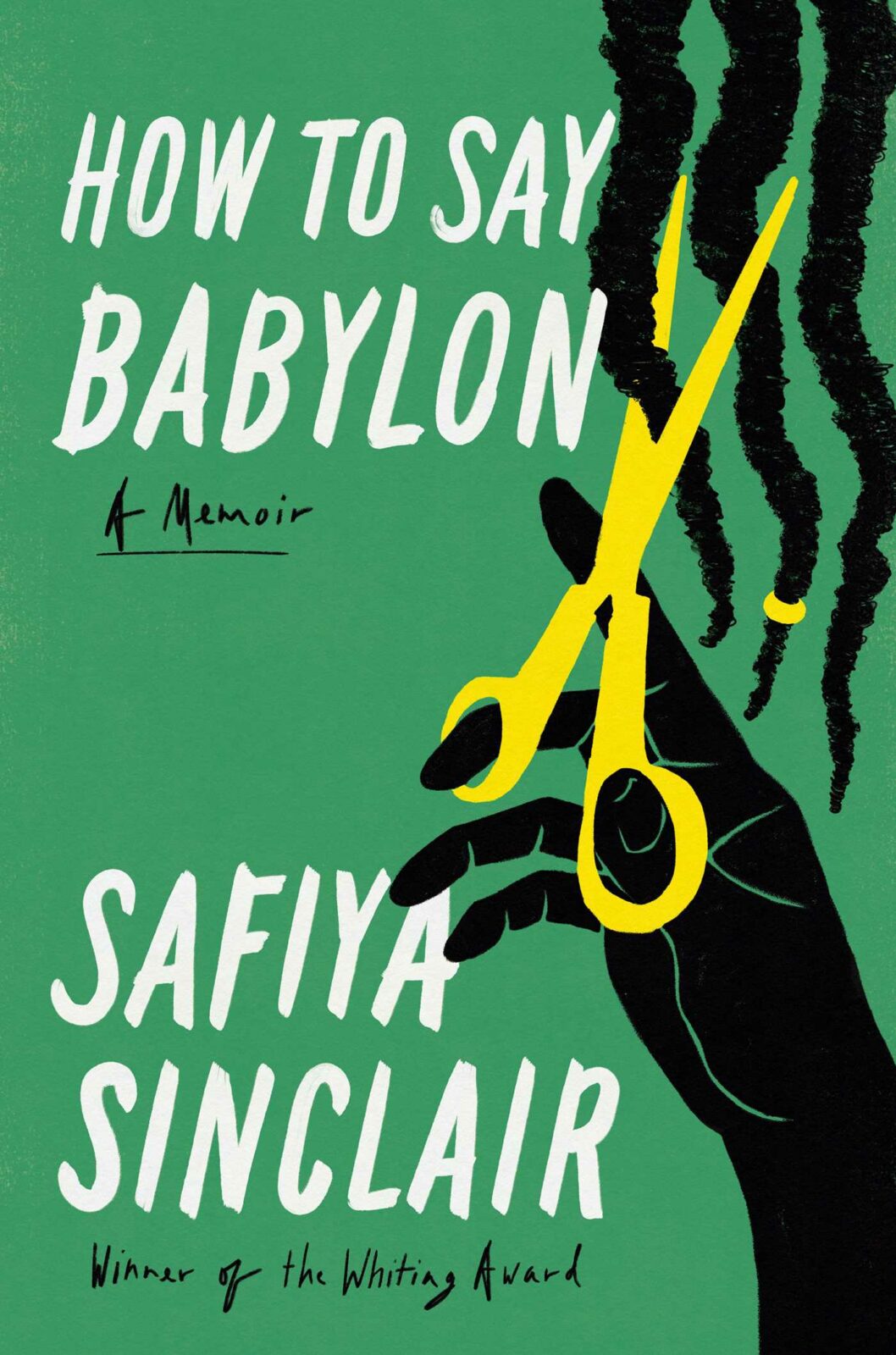
In Conversation
-
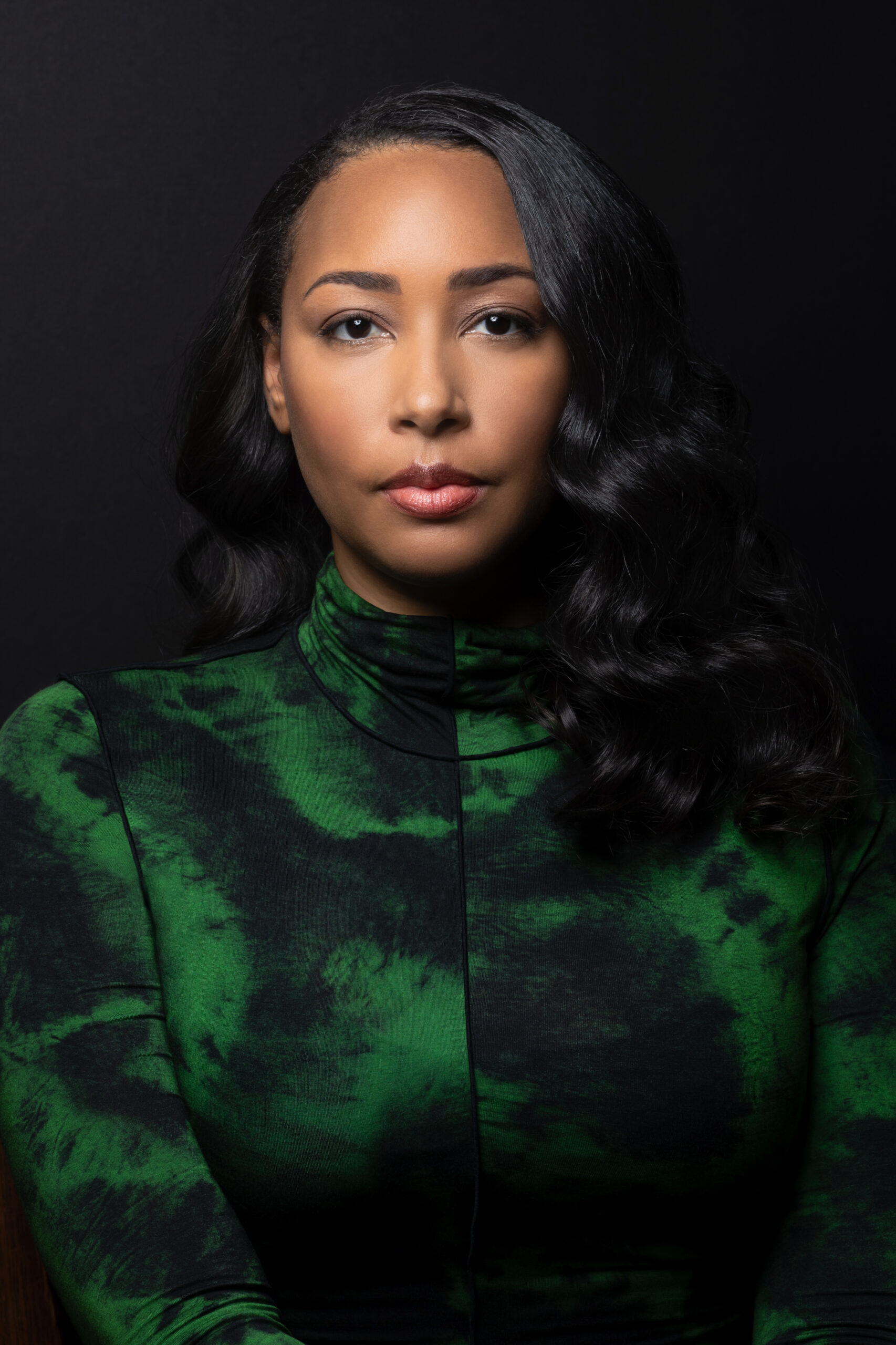
Safiya Sinclair
Safiya Sinclair
Safiya Sinclair was born and raised in Montego Bay, Jamaica. She is the author of the poetry collection Cannibal, winner of a Whiting Writers’ Award, the American Academy of Arts and Letters’ Metcalf Award in Literature, the OCM Bocas Prize for Caribbean Poetry, and the Prairie Schooner Book Prize in Poetry. Cannibal was selected as one of the American Library Association’s Notable Books of the Year, was a finalist for the PEN Center USA Literary Award and the Seamus Heaney First Book Award in the UK, and was longlisted for the PEN Open Book Award and the Dylan Thomas Prize.
Photo Credit: Beowulf Sheehan
-

Tara Westover
Tara Westover
Tara Westover is an American historian and memoirist. Her first book, Educated, debuted at #1 on the New York Times bestseller list and remained on the list, in hardcover, for more than two years. The book, a memoir of her upbringing in rural Idaho, was a finalist for a number of national awards, including the L.A. Times Book Prize, the PEN/Jean Stein Book Award, and the National Book Critics Circle Award. To date, it has been translated into more than 45 languages. The New York Times named Educated one of the 10 Best Books of 2018, and the American Booksellers Association voted Educated the Nonfiction Book of the Year. For her staggering impact, Time magazine named Westover one of the 100 Most Influential People of 2019. Westover holds a Ph.D. in intellectual history from Trinity College, Cambridge, and in 2019 she was the Rosenthal Writer in Residence at Harvard University. In 2023, she was awarded the National Humanities Medal by President Biden.
Featured Book
-
.
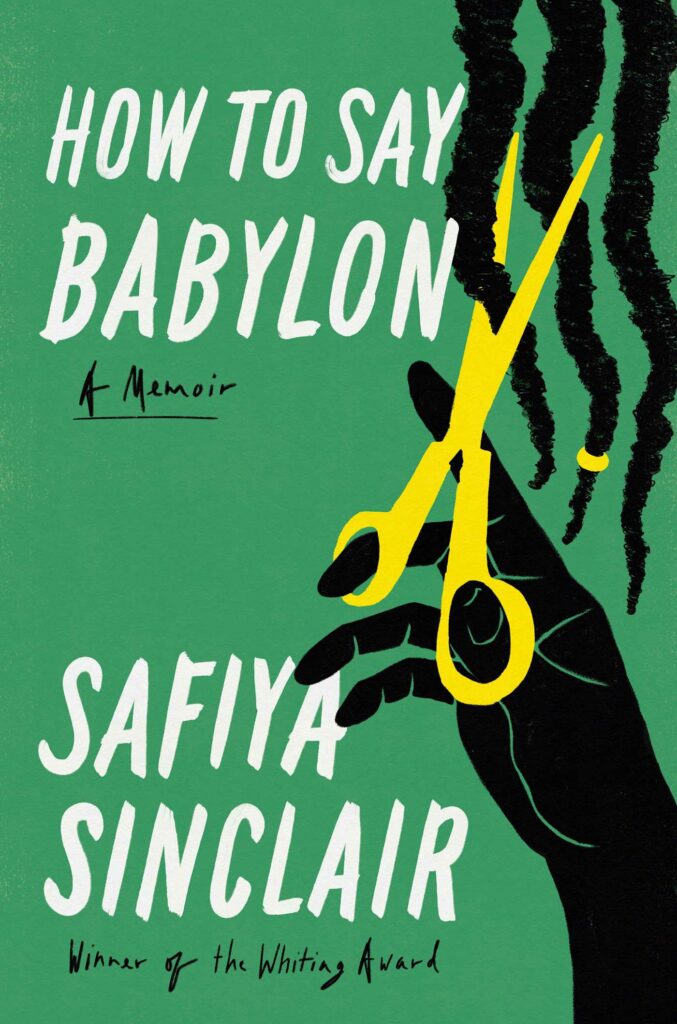
How to Say Babylon
By Safiya Sinclair
Published by Simon & Schuster
Throughout her childhood, Safiya Sinclair’s father, a volatile reggae musician and militant adherent to a strict sect of Rastafari, became obsessed with her purity, in particular, with the threat of what Rastas call Babylon, the immoral and corrupting influences of the Western world outside their home. He worried that womanhood would make Safiya and her sisters morally weak and impure, and believed a woman’s highest virtue was her obedience.
In an effort to keep Babylon outside the gate, he forbade almost everything. In place of pants, the women in her family were made to wear long skirts and dresses to cover their arms and legs, head wraps to cover their hair, no make-up, no jewelry, no opinions, no friends. Safiya’s mother, while loyal to her father, nonetheless gave Safiya and her siblings the gift of books, including poetry, to which Safiya latched on for dear life. And as Safiya watched her mother struggle voicelessly for years under housework and the rigidity of her father’s beliefs, she increasingly used her education as a sharp tool with which to find her voice and break free. Inevitably, with her rebellion comes clashes with her father, whose rage and paranoia explode in increasing violence. As Safiya’s voice grows, lyrically and poetically, a collision course is set between them.
How to Say Babylon is Sinclair’s reckoning with the culture that initially nourished but ultimately sought to silence her; it is her reckoning with patriarchy and tradition, and the legacy of colonialism in Jamaica. Rich in lyricism and language only a poet could evoke, How to Say Babylon is both a universal story of a woman finding her own power and a unique glimpse into a rarefied world we may know how to name, Rastafari, but one we know little about.



